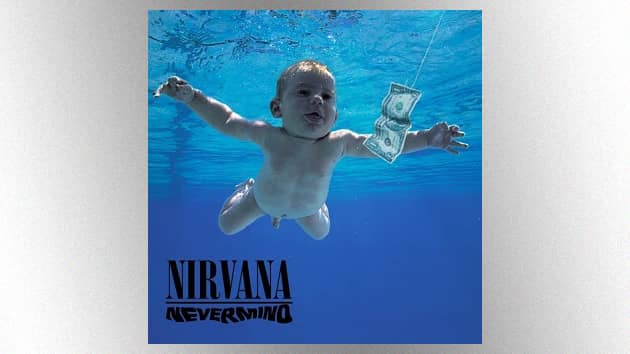


It was considered a marketing dilemma.* “Despite exceeding competitors in many, if not most, feature variables, the Impreza is still a Civic-class formula car that lacks a buyer-swaying hook,” argued Jim Piedmont of the Wieden+Kennedy advertising firm. In October of 1992, Subaru introduced the Impreza, a compact five-door hatchback. But its ancillary, rippling reconfiguration of the zeitgeist was vast and rapid, even in zones typically immune to the proclivities of youth culture-like car commercials. It didn’t explode nationally until Thanksgiving and wasn’t certified as the number 1 album in America until the following January. Only 46,251 copies of Nevermind were shipped to stores, generating a brief scarcity of resources (it opened at a quiet 144th on the Billboard charts). Nevermind was released on September 24, 1991, the same day as the Red Hot Chili Peppers’ Blood Sugar Sex Magik and The Low End Theory by A Tribe Called Quest. In the same way the breakup of the Beatles was only half-jokingly seen as the end of the British Empire, the public ascension of Nevermind is where the nineties became a recognizable time period with immutable values. In the post- Nevermind universe, everything had to be filtered through the notion that this specific representation of modernity was the template for what everyone now wanted from everything, and that any attempt to understand young people had to begin with an understanding of why Nirvana frontman Kurt Cobain looked and acted the way that he did. But Nevermind is the inflection point where one style of Western culture ends and another begins, mostly for reasons only vaguely related to music. The video for “Smells Like Teen Spirit” was not more consequential than the reunification of Germany. There are limits to what art can do, to what a record can do, to what sound can do. THE SONGS ON Nirvana’s Neverminddid not tangibly change the world. It is being published exclusively on Men's Health courtesy of Penguin Random House.

GETTY IMAGES MEN'S HEALTH ILLUSTRATION The following excerpt appears in Chuck Klosterman's new book, The Nineties: A Book, out now.


 0 kommentar(er)
0 kommentar(er)
